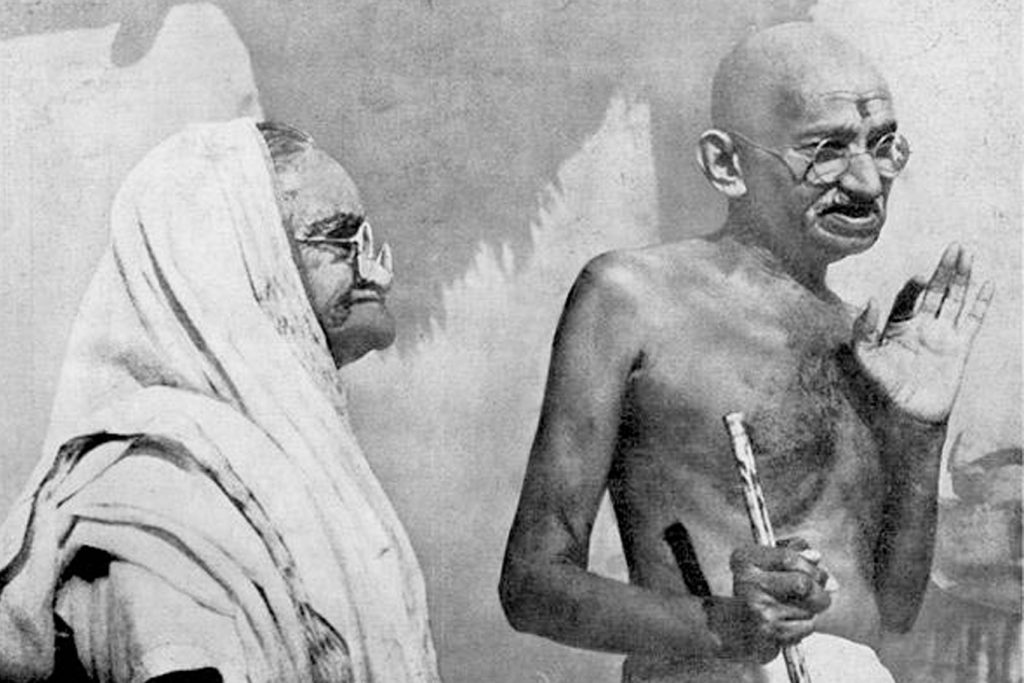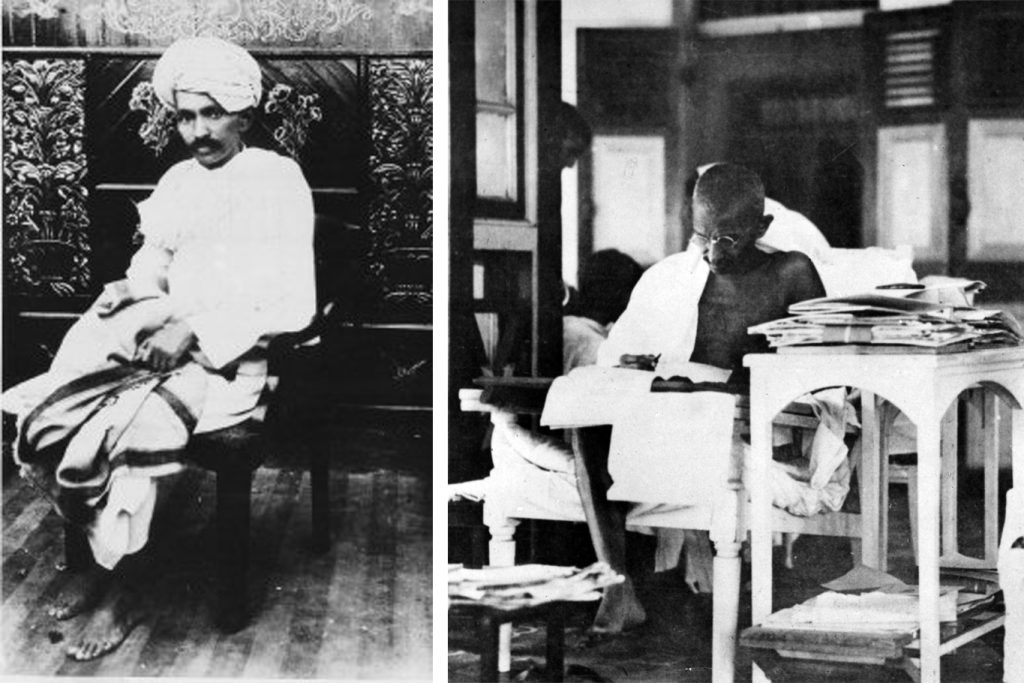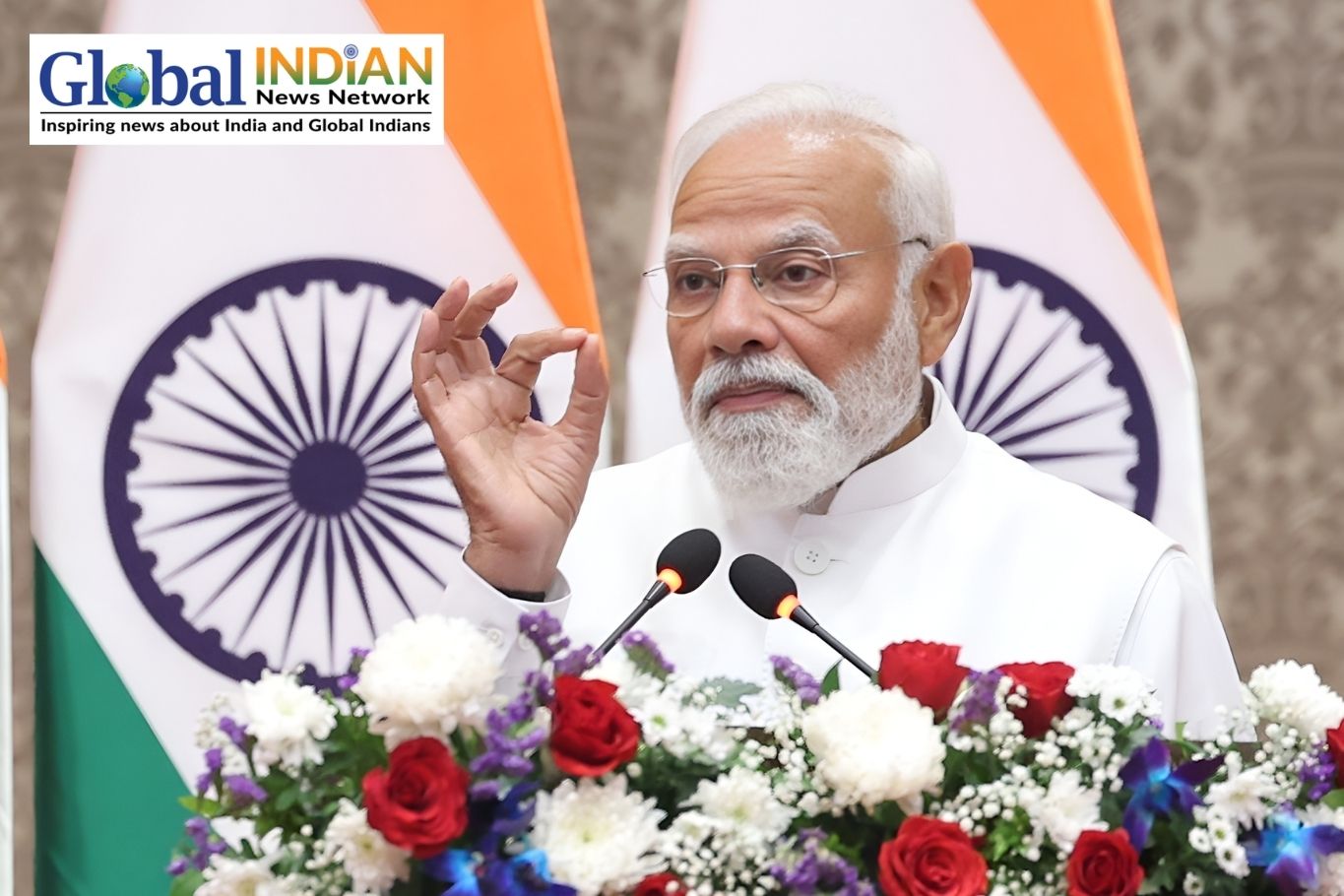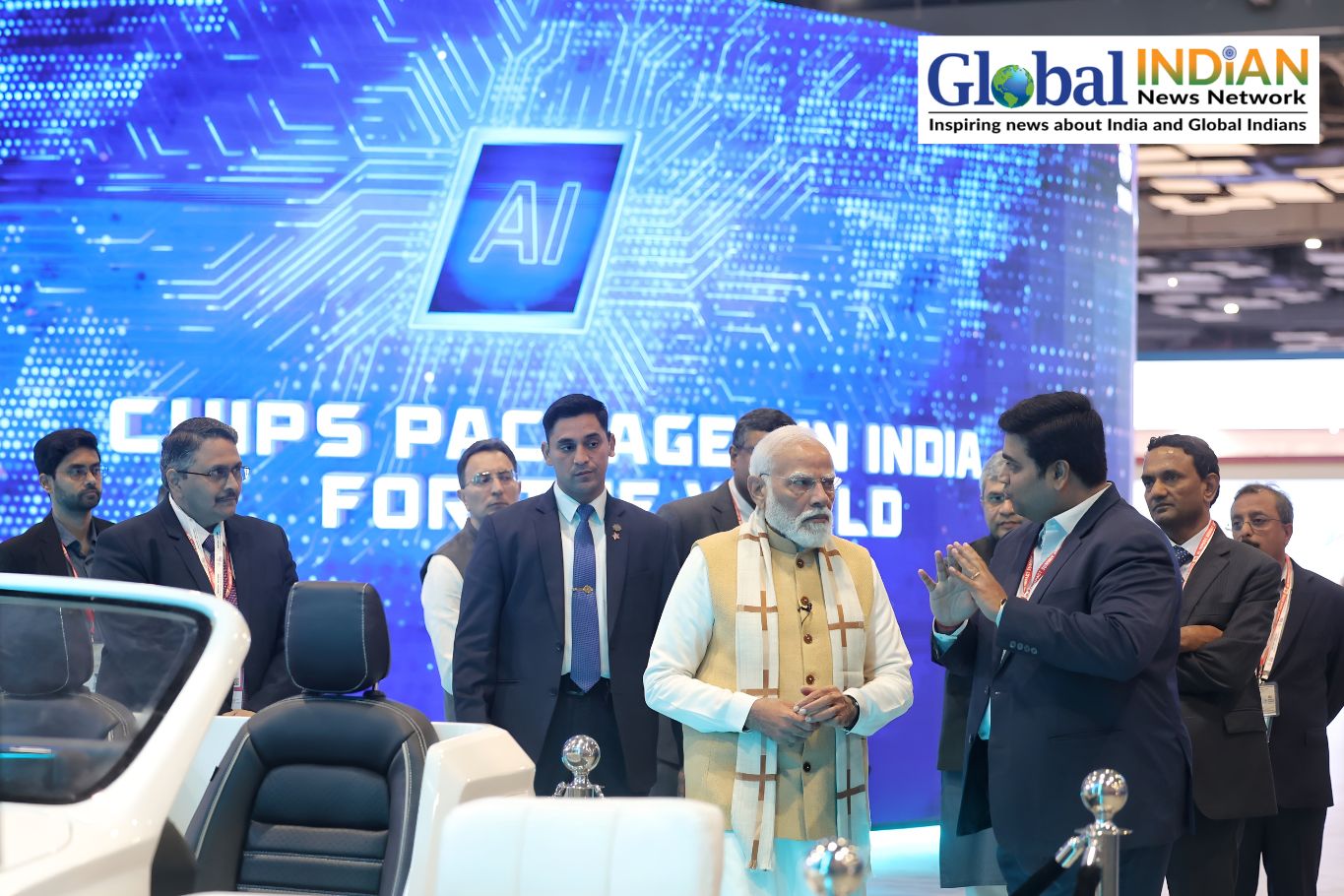
Mohandas Karamchand Gandhi, well known as Mahatma Gandhi, was born in Porbandar, Gujarat, India, on October 2, 1869. Because of his crucial contribution to the nation’s campaign for independence from British control, he is revered throughout India as the Father of the Nation. Gandhi’s ideas of truth (satya) and non-violence (ahimsa) are revered all throughout the world, and movements for freedom and civil rights continue to be influenced by them.
Some key points about Gandhi:
- Philosophy of Non-violence and Truth: Gandhi believed in ‘Satyagraha’, which translates to ‘insistence on truth’. This was non-violent resistance to combat injustice and oppression.
- Role in India’s Independence: He played a key role in various movements against British colonial rule in India, such as the Non-Cooperation Movement, the Civil Disobedience Movement, and the Quit India Movement.
- Champion of Untouchability and Equality: Gandhi was a strong advocate for the rights of the downtrodden and named them Harijans, meaning “children of God”. He fought against the deep-rooted caste discrimination in India.
- Simple Lifestyle: He led a simple life, wore traditional Indian clothes made from yarn that he personally spun on a charkha (spinning wheel), and advocated self-sufficiency.
- Global Influence: His philosophies influenced numerous civil rights leaders and movements around the world, including Martin Luther King Jr. in the USA, Nelson Mandela in South Africa, and many others.
- Assassination: Gandhi was tragically assassinated on January 30, 1948, in New Delhi by a radical nationalist.

October 2, also known as Gandhi Jayanti, is commemorated in India as a national holiday. On this day, various events, such as prayer services, commemorative ceremonies, and educational activities, are organized to remember and honor his legacy. The United Nations also marks this day as the International Day of Non-Violence in recognition of his teachings.
Gandhi’s life and teachings continue to serve as a beacon of hope, urging individuals to choose the path of non-violence and righteousness. His oft-quoted words, “Be the change that you wish to see in the world,” remind us of the importance of personal responsibility in creating a better world.









